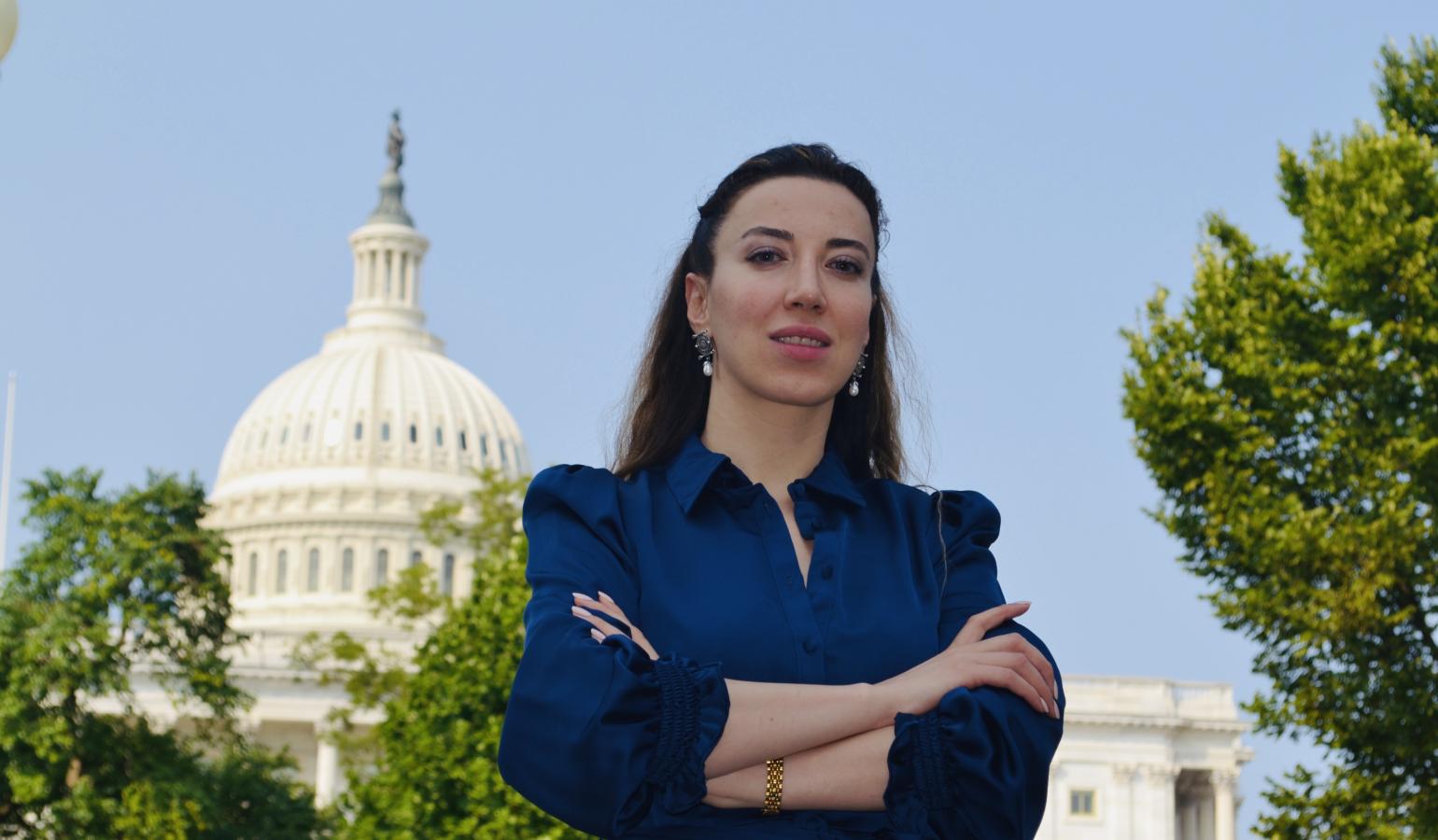
Well-calculated Falsifications and Absurd Trials
Discussions regarding the trial of former Artsakh President Arayik Harutyunyan and former State Minister Ruben Vardanyan, who are being held illegally in Azerbaijan, remain on the agenda. Siranush Sahakyan, the head of the "International and Comparative Law Center," has once again answered questions from "Medialab."
She noted that the judicial process will be demonstrative, "where certain processes will merely be formalized in order to have a judicial act. I don’t think the right to defense will be effectively exercised. There are numerous reports from authoritative organizations that warn about the dependence of the legal community on the executive, the unwarranted interference of the executive in the work of lawyers, and also that independent lawyers have been disqualified for carrying out their professional duties with integrity. We are already observing the assignment of cases, and interestingly, these cases are being assigned to judges who are internationally known for issuing judicial acts in cases involving political prisoners. This trial will be used for propaganda purposes, as well as to solve internal political issues, and no positive expectations should be held."
Armenian civil society institutions have appealed to international organizations, requesting that they observe these trials. "For Azerbaijan, this is undesirable and as a blocking tactic, closed court sessions may be held, during which international observers will also be prohibited from entering. Through this closure, certain details of the fabricated criminal cases will remain unknown to the international community. As for the pace, it depends on political developments. These trials and political processes are directly connected. If we examine past experience, we will see that very serious charges have been examined in just a few hours. For example, charges related to genocide were addressed in one or two court sessions, which is objectively impossible," said Siranush Sahakyan.
The human rights advocate does not rule out the possibility of rapid trials if they are politically expedient. "On the other hand, if certain processes in Armenian-Azerbaijani relations are delayed, these trials could also be prolonged in order to draw as much public attention as possible to these proceedings."
Siranush Sahakyan has once again expressed confidence that the outcomes of the trials are determined. "I can confidently say that all individuals will be convicted on the charges brought against them, and long-term or life imprisonment will be chosen as the punishment. We do not have a single case where Azerbaijani courts have acquitted Armenians, even in cases involving very innocent individuals, such as prisoners of war, where charges have included, for example, illegal border crossing or possession of illegal weapons. In a regime like Azerbaijan's, no one should expect acts of acquittal."
Speaking about the potential transfer of prisoners to Armenia after the verdicts, Sahakyan noted that such an outcome is possible due to political processes and could be facilitated by the active involvement of international partners.
According to Siranush Sahakyan, the actions taking place in Azerbaijan, particularly the trials of Armenian prisoners, are not just about punishing individuals or seeking revenge. "Azerbaijan's narratives concerning the Nagorno-Karabakh Republic contradict internationally known events. Over the past 30 years, Azerbaijan has attempted to shape the belief that the authorities of Nagorno-Karabakh are armed terrorist groups, something that the international community has not recognized. Now, Azerbaijan is trying to prove the truth of its narratives through its own investigation results and the biased positions of its courts, and these trials aim to mislead the international community. I should point out that, at present, Armenia is allowing statements that do not reflect international legal approaches and are damaging Armenia's own interests, and in many legal processes, they could be directed against Armenia's sovereign interests."
